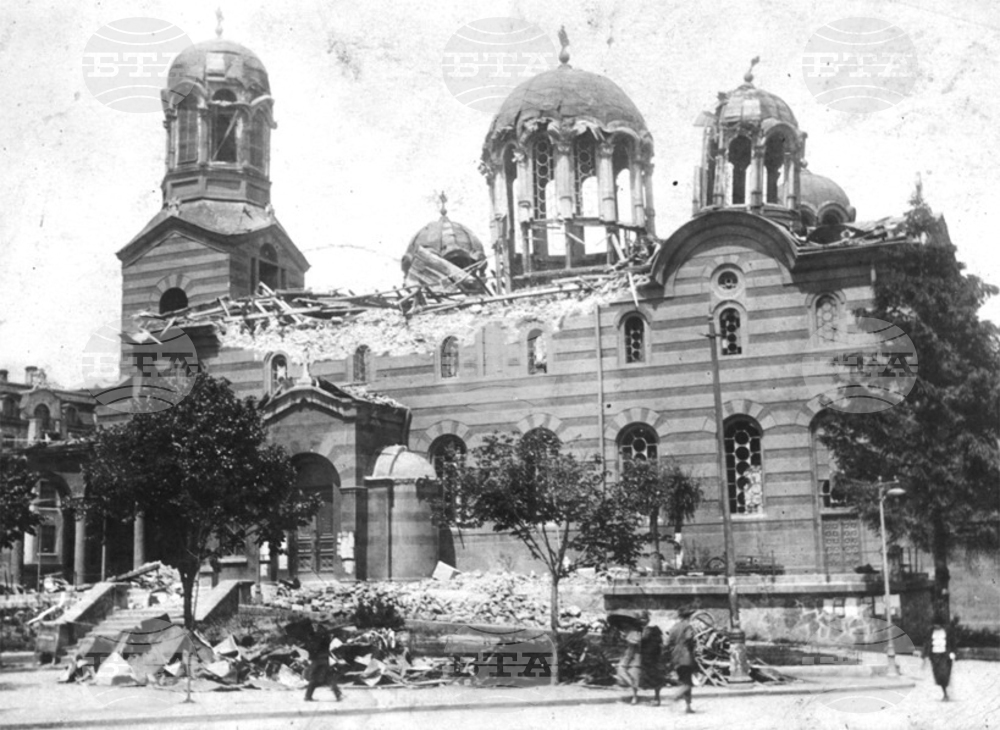site.btaScholars Mark 100 Years Since St. Nedelya Bombing with Sofia Conference


The two-day academic conference Terrorism, Violence, and Politics in Bulgaria Between the World Wars: One Hundred Years Since the St. Nedelya Church Bombing opened at the American Centre of the Sofia Library on Friday.
The programme includes lectures and discussions led by experts from the Faculty of History at Sofia University St. Kliment Ohridski, the Sofia Library, New Bulgarian University (NBU), and the State Agency Archives. The topics explore various aspects of terrorism and violence in Bulgaria’s interwar period.
Organisers recalled that on April 16, 1925, the military wing of the Bulgarian Communist Party detonated a bomb in St. Nedelya Church in Sofia. The target was the country’s political and military elite, gathered for the funeral of a murdered general. The attack was the deadliest terrorist act in Bulgaria’s history and the worst in Europe until 1981. A total of 134 people were killed on the spot, and 79 of the approximately 500 injured later died, bringing the death toll to 213. The government responded by declaring martial law and launching repressive measures against the far left.
The forum was opened by Veselin Yanchev from Sofia University’s Faculty of History.
Vili Lilkov of the University of Mining and Geology St. Ivan Rilski said, “In the history of the 20th century, this event, or rather this atrocity, is unparalleled, and we want to remind people of what happened and show that this act was not isolated. It was the result of a long-term policy by Moscow aimed against Bulgaria and the Bulgarian people.”
Vladimir Stanev, head of the Department of Bulgarian History at Sofia University, read a message from Mira Markova, Dean of the Faculty of History. “The decades of totalitarian rule failed to erase the traumatic memory of the event from public consciousness, but they distorted the narrative by concealing important details, misrepresenting indisputable facts, and interpreting events through imposed political stereotypes. Today, 35 years after the regime’s collapse, political abuses of the atrocity, attempts to downplay it, and to exonerate its perpetrators and instigators, continue. As a result, the tragedy of Holy Thursday in 1925 continues to divide our nation instead of uniting it.”
Momchil Metodiev, head of the Department of History at NBU, said the conference also serves as an occasion to honour the victims of political violence.
Chair of the State Agency Archives Mihail Gruev announced that an exhibition dedicated to the 100th anniversary of the bombing will open on April 15 at the Archives exhibition hall, with an outdoor exhibition to follow on April 16 at St. Nedelya Square.
/IV/
Additional
news.modal.image.header
news.modal.image.text
news.modal.download.header
news.modal.download.text
news.modal.header
news.modal.text





















